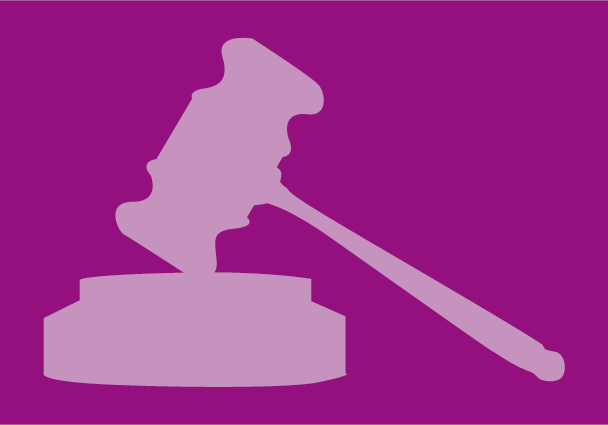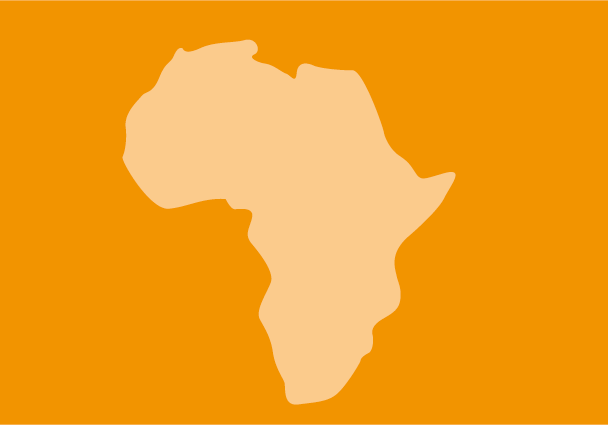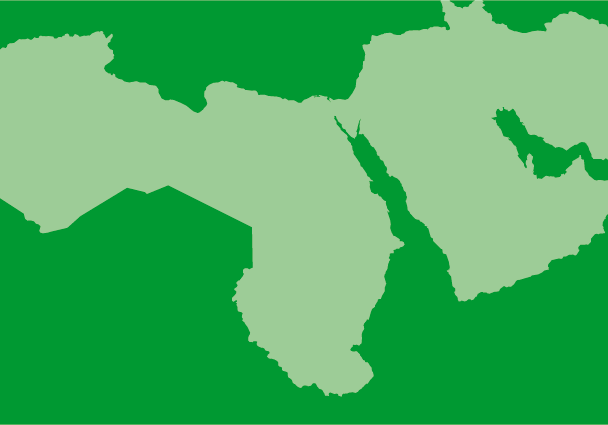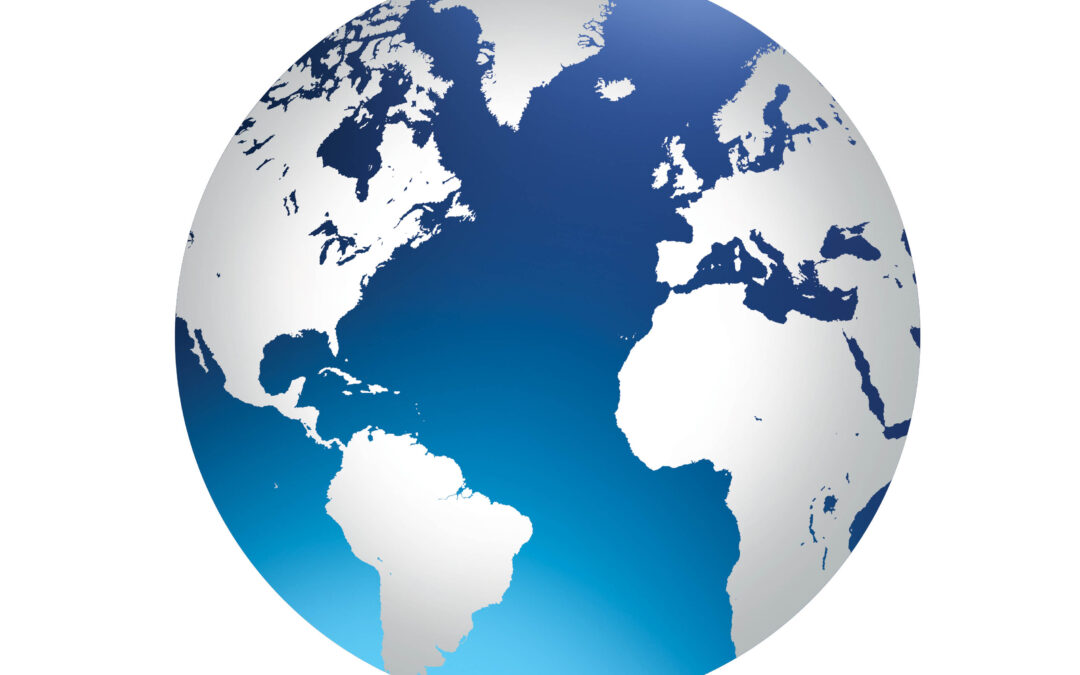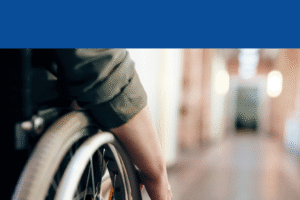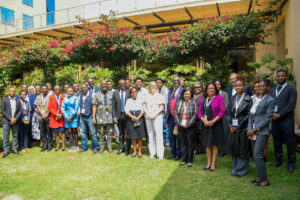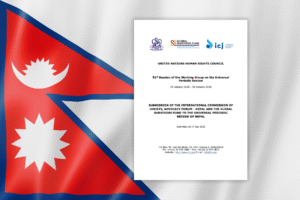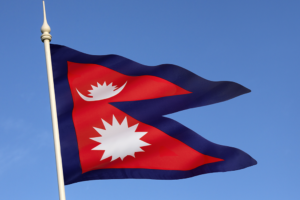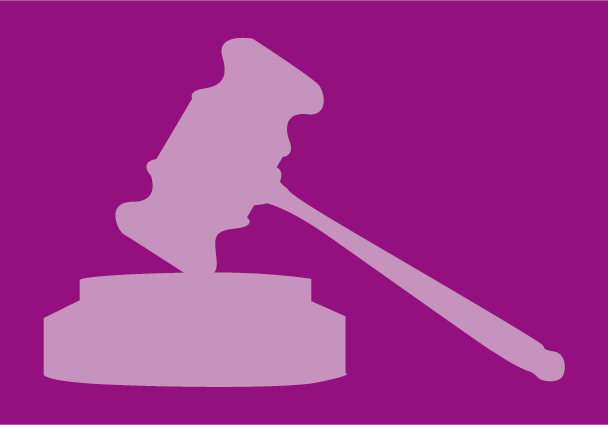
CIJL Yearbook: the media and judiciary, vol. IV, 1995
Long before the OJ Simpson murder trial, the ICJ’s Centre for the Independence of Judges and Lawyers recognised that freedom of information and speech must be properly balanced with the needs of the proper administration of justice. In an attempt to address this delicate balance, a group of 40 distinguished judges, lawyers, and media representatives gathered in Madrid – Spain, in January 1994 to participate in a seminar on the relationship between the media and judiciary. The seminar was organised by the ICJ.
“This volume of the CIJL Yearbook contains a selection of the papers presented during the seminar. The papers present a wide range of issues related to media coverage of judicial proceedings.
They attempt to balance between the doctrine of judicial independence and the public’s right to know. Amongst the topics explored in this volume are the parameters of judicial reporting, as
well as the impact of modern technology on judicial independence.”
This issue contains:
Editorial
Part One: The General Principles Governing the Relationship Between the Media and Judiciary
- Background Paper: The Relationship Between the Media and the Judiciary, by Mona Rishmawi, Peter Wilborn and Cynthia Belcher
- The Impact of Publicity on Juvenile Justice, by Joaquim Ruiz- Gimenez
Part Two: The Parameters of Judicial Reporting
- Media Criticism of Judges and Judicial Decisions, by P.N. Bbagwati
- The Proper Role of the Media in Court Reporting, by Andrew Nicol, QC
- The Media and the Judiciary: The Constitutional and Political Context, by David Rose
Part Three: The Impact of Modem Communication Technology
- The Globalisation of Modern Media Technology, and its Impact on Judicial Independence, by Michael Kirby
- Publication Bans on Court Proceedings in Canada, by Omar Wakil
Part Four: Are Codes of Ethics Necessary?
- Are Impediments to free Expression in the Interest of Justice?, by Fali S. Nariman
- An Overview of Media Codes of Ethics and their Relationship to Judicial Independence, by Rainer von Schilling
- Reports on Judicial Proceedings and the Effectiveness of Guidelines m Sweden, by Lennart Groll
Appendix One: Documents
- Document 1: The Madrid Principles
- Document 2: Extracts from the International Covenant on Civil and Political Rights
- Document 3: Extracts from the Siracusa Principles on the Limitation and Derogation Provisions in the International Covenant on Civil and Political Rights
Appendix Two: The List of Participants
CIJL Yearbook- media and judiciary-IV-1995-eng (full text in English, PDF)
CIJL Yearbook- media and judiciary-IV-1995-fra (full text in French, PDF)

